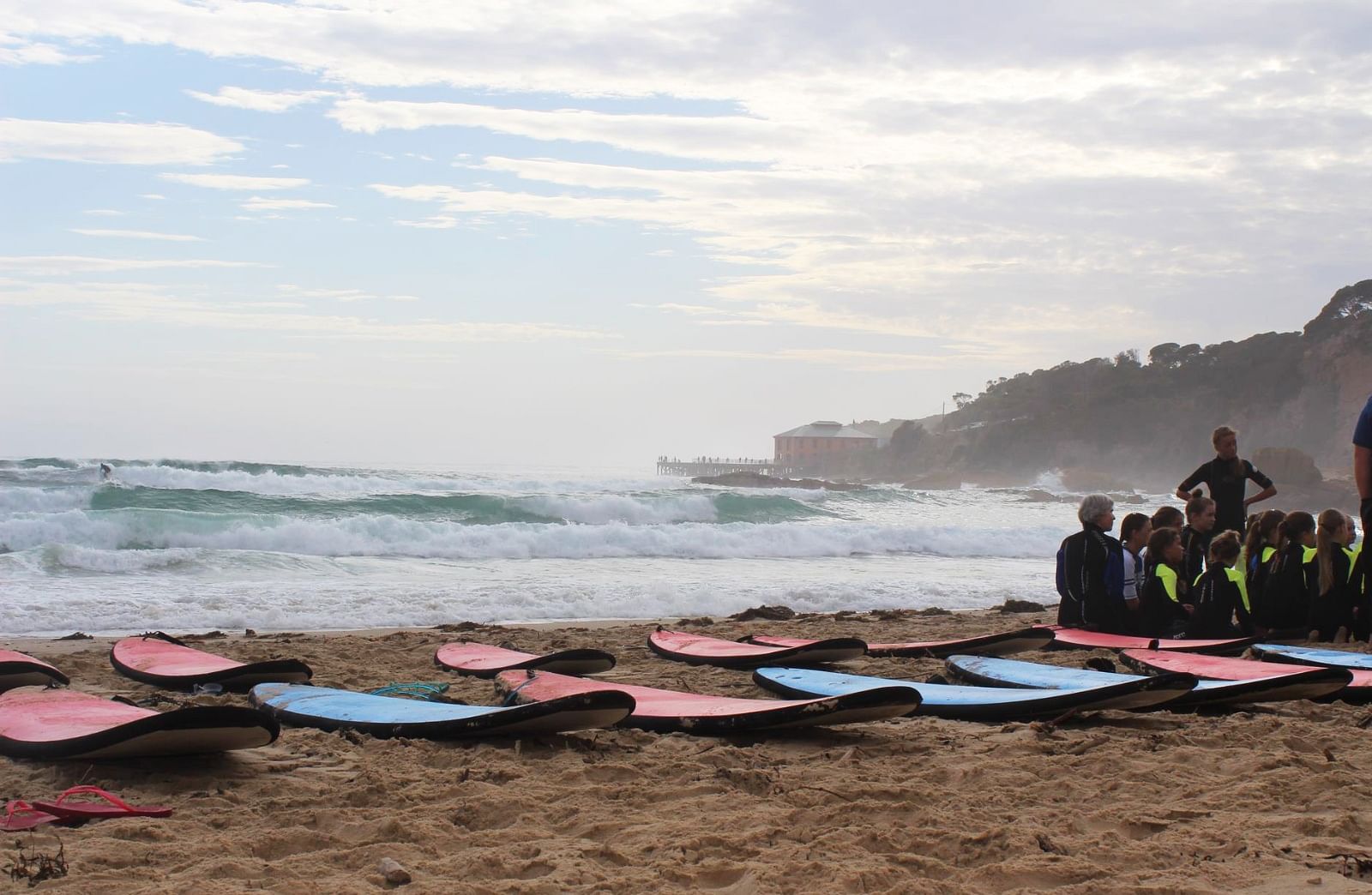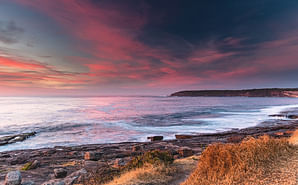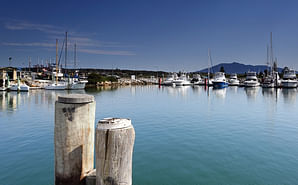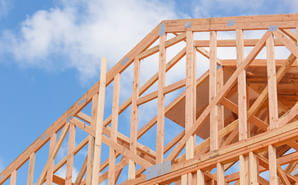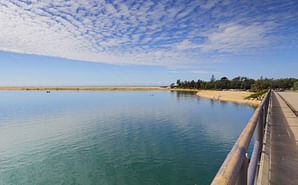Plan and Prepare
A guide to preparing and staying safe in a disaster.
Get ready for summer - be prepared and stay safe
Do your research now. Make a plan for what you will do and where you will go during an emergency. Know how to stay informed and stay safe through local radio, emergency services websites and apps and social media.
Being prepared can help you and your loved ones make better decisions during a disaster. Below is information about preparing for an emergency, preparing for a bushfire or an extreme weather event, and how to stay COVID safe and water safe.
Get ready in Five Simple Steps
There are five steps you can take to get ready for any emergency.
1. Know your risk
Think about the area you live in and the types of disasters that could affect you.
Connect with NSW emergency services and Council to find out more about your risk.
2. Plan now for what you'll do
Sit down and talk with your family and plan for what you will do if a disaster affects your area.
Make important decisions such as when to leave, where you will go, what to take, and what to do with animals. Don't leave it until the last minute. Disasters can happen with little or no warning.
How will you and your family get to a safe place? You could be separated from each other. How will you contact each other?
Think about how you will protect your pets, important documents and valuable personal items.
The emergency service agencies have designed many plans to help you Get Ready for specific hazards like fire and flood.
Plan how you will escape a fire in your home and practice it with your family.
Know where your Neighbourhood Safer Places. Visit NSW Rural Fire Services, Neighbourhood afer Places for information
Prepare an emergency kit
3. Get your home ready
Prepare your home by doing general home maintenance and checking your insurance.
Do a home safety check and make sure your smoke alarms are working. Also, make sure that your home and contents insurance is up-to-date. If you need advice or assistance to prepare your home, contact your local emergency services to see what programs are available.
Consider whether you can make any structural upgrades to make your home more resilient against bushfire. Read the Bushfire-Resilient Housing Toolkit for more information.
4. Be aware
Find out how to prepare and what to do if there is a disaster in your area. Connect with NSW Emergency Services to stay informed.
Check the NSW State Emergency Service, NSW Rural Fire Service websites, apps and social media to be informed.
5. Look out for each other
Share information with your family, friends, neighbours and those who may need assistance.
Talk about your plans with family, friends and neighbours before an emergency happens. Everyone can help each other in many ways in a disaster.
Extreme weather
The NSW State Emergency Service (SES) is an emergency and rescue service of volunteers dedicated to assisting the community 24 hours a day, seven days a week, 365 days a year. The SES’s major responsibilities are for flood and storm emergencies.
Across the Sapphire Coast, we have the NSW SES Bega Valley, NSW SES Eden Unit and the new NSW SES Bermagui Unit. You can follow these pages on Facebook for current alerts and information.
COVIDSafety
Being COVIDSafe is a responsibility we all share.
When you visit a business, venue or organisation you need to follow their COVIDSafety rules. Always follow any directions provided by staff, and practice good hand hygiene and physical distancing (1.5 metres).
Businesses in the Shire should ensure they have completed a COVID-19 Safety Plan and registered as a COVIDSafe business.
Water safety
The Australian Lifeguard Service will again be a fixture on eight of the Shire’s beaches this summer, together with volunteers from the Bermagui, Tathra and Pambula Surf Lifesaving Clubs, and the NSW Far South Coast Surf Lifesaving Branch.
Lifeguard services will kick off on Monday 20 December 2021 and go through to Monday 31 January 2022. Visit Council’s Beaches webpage for days and times.
Along with swimming between the flags, staying hydrated and being sun-safe, don’t forget to be COVIDSafe while enjoying our beaches and swimming pools.
Current beach conditions are available on the Beach Safe website.
Bushfire survival
The NSW Rural Fire Service (RFS) has a Bushfire Survival Plan on its website you can download, which takes as little as five minutes to complete.
The RFS’s key messages are:
- Step 1 – discuss what to do if a bushfire threatens your home
- Step 2 – prepare your home and get it ready for bushfire season
- Step 3 – know the bushfire alert levels
- Step 4 – keep all the bushfire information numbers, websites and the smartphone app
The NSW Fires Near Me app and the NSW Rural Fire Service webpage have new icons for Advice, Watch and Act, and Emergency Warning. It’s part of the new Australian Warning System, to help you receive consistent information in emergencies no matter where you live, work or travel.
You can download the Fires Near Me app from the App Store or Google Play.
To support early planning and preparation, you can follow the Far South Coast RFS Facebook page or visit the NSW RFS website.
To plan and prepare with neighbours, you can get ready together.
